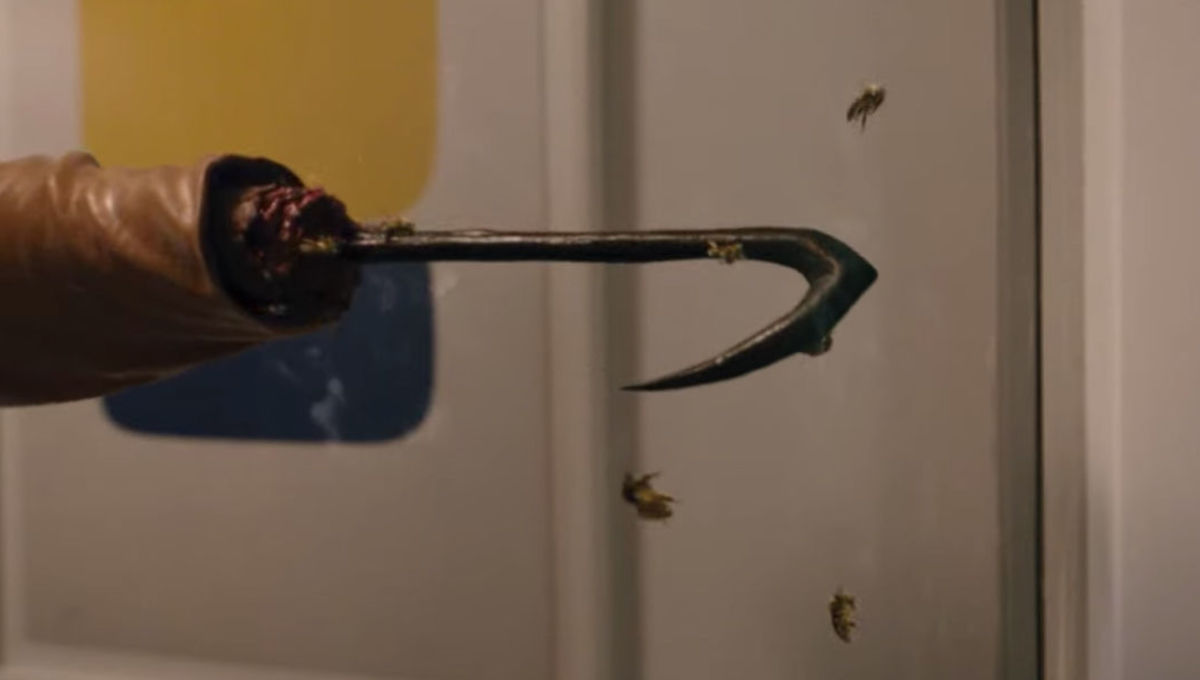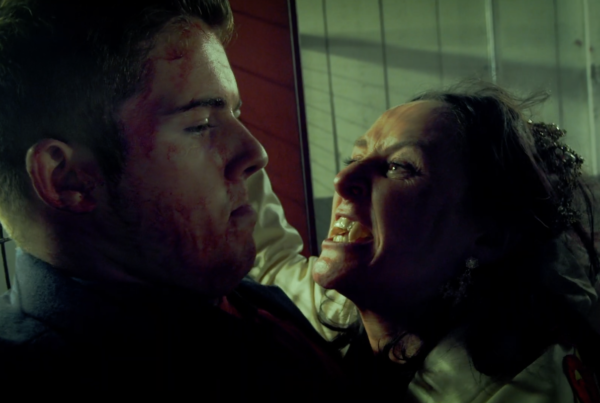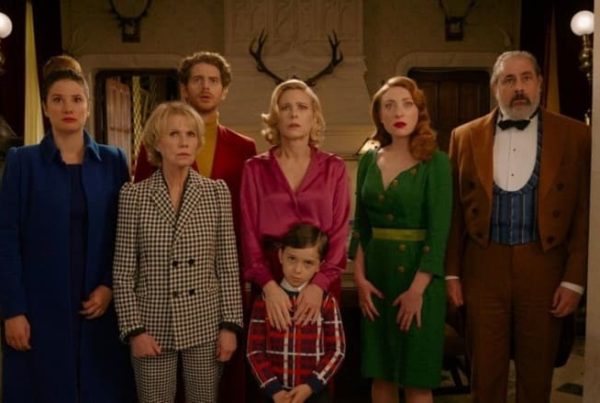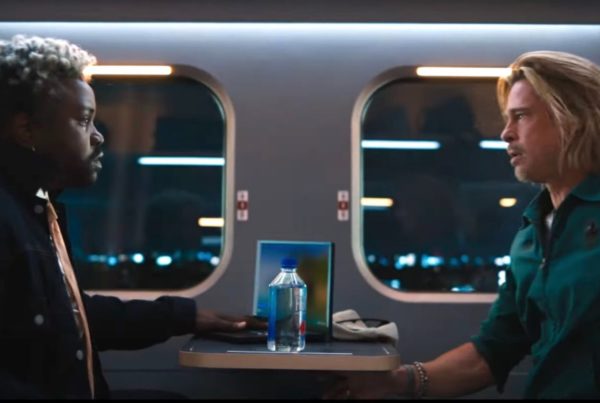Director Nia DaCosta
Writers Jordan Peele, Win Rosenfeld, Nia DaCosta
Stars Yahya Abdul-Mateen II, Teyonah Parris, Nathan Stewart-Jarrett
A sequel and soft reboot of Bernard Rose’s 1992 horror classic, which in turn was based on a short story from Clive Barker’s Books of Blood, Candyman (2021) once again sees dread set foot in Cabrini Green, although much has changed in the Chicago area in thirty years.
Carbrini has gentrified. As new arrival, artist Anthony McCoy (Yahya Abdul-Mateen II), delves into the past, he discovers something darkly fascinating about the bloody history of the neighbourhood. Stumbling across the story of Helen Lyle, he finds a history of tragedy in the area, and one mythical name associated with it – Candyman. An obsession that became the basis of his artworks, and one that soon gained notoriety as people were slaughtered near these works.
This feels like it is written by and for fans of the 1992 film, touching on many of the themes in that work, but it is also its own unique creation. Candyman (2021) is a logical extension of those past events, and is set in a world where they have become part of urban legend. Yet it also shifts the focus, so whereas it is talking about many of the same issues that the previous work was discussing (gentrification, the power of myth, the fear of the “other”), Candyman (2021) brings the issue of race even more to the forefront, while adding intergenerational trauma, and police violence to the mix.
Director and co writer Nia DaCosta (wonderfully aided by the work of cinematographer John Guleserian and Robert Aiki Aubrey Lowe’s evocative score) has captured this with a stylish grace. Candyman is beautiful to look at, a visually inventive canvas to play out this tale of rebirth and bloody violence. The constant use of mirror images and reflection add to the sense of otherworldly carnage. That sense that lurking underneath the tenuous veneer of society is something terrible, that remains unseen or only whispered about. Which is absolutely the point, and this work yells it.
However, that means the ending is, unfortunately, as heavy handed as an iron hook. Beautiful, well executed (despite a jarring setup), but heavy handed nevertheless. Still, it’s hard to criticize black filmmakers at the height of the BLM movement (the release has been delayed) for screaming their message from the rooftops, especially when it is one that has been historically ignored.
A worthy successor to a horror classic, Candyman (2021) is an interesting update to the current era. After all, isn’t that what urban legends are all about, an exploration of our fears at that moment, and how those are reflected in the horror stories that we tell and the history that has shaped them?




